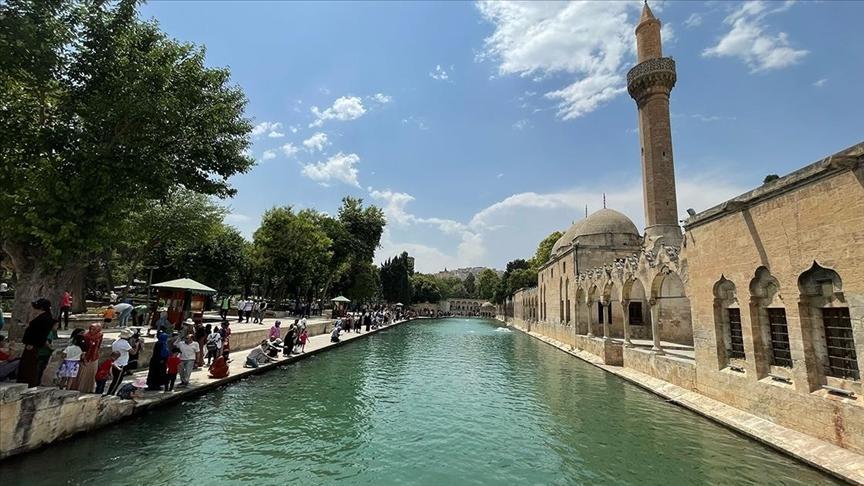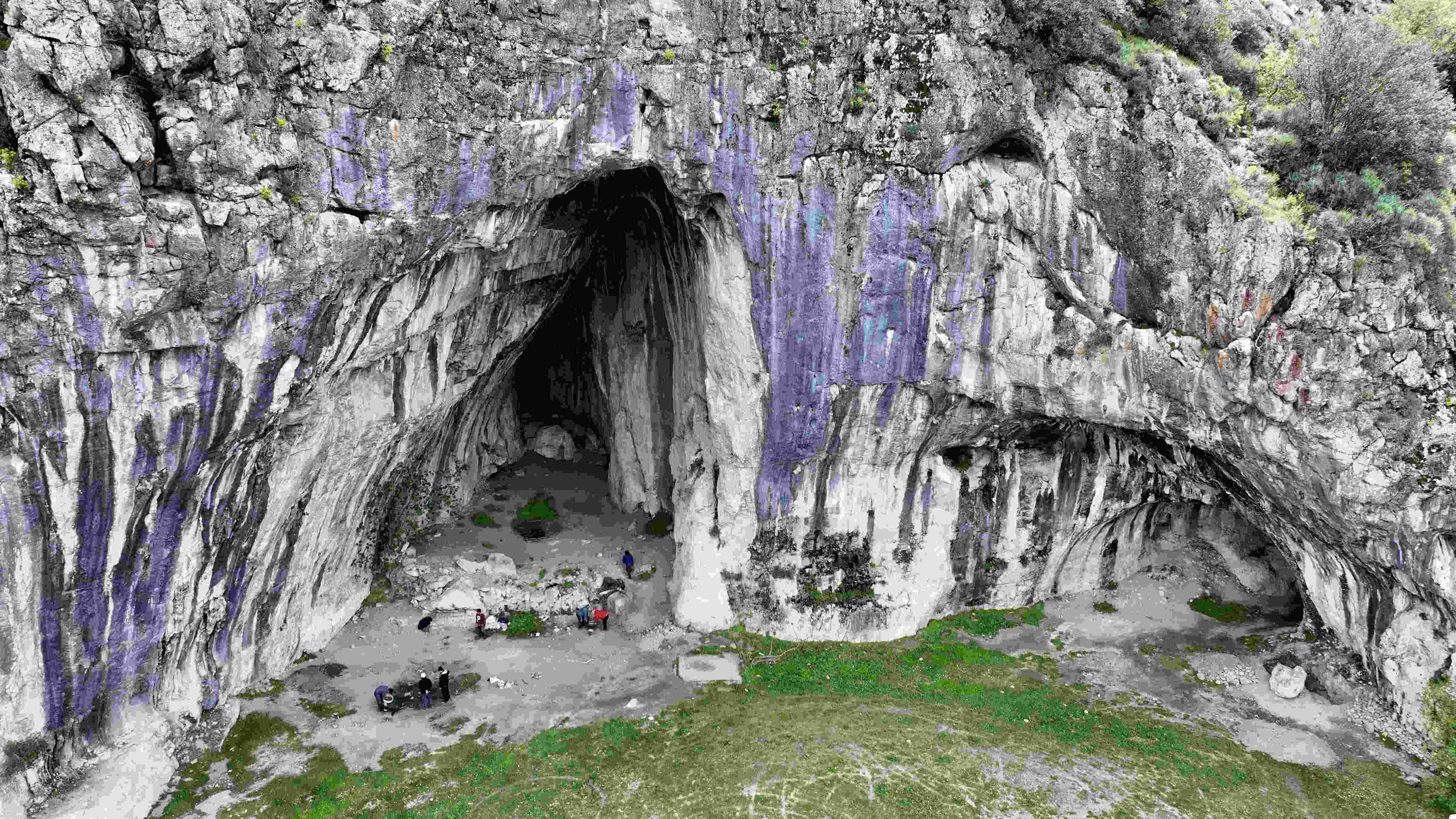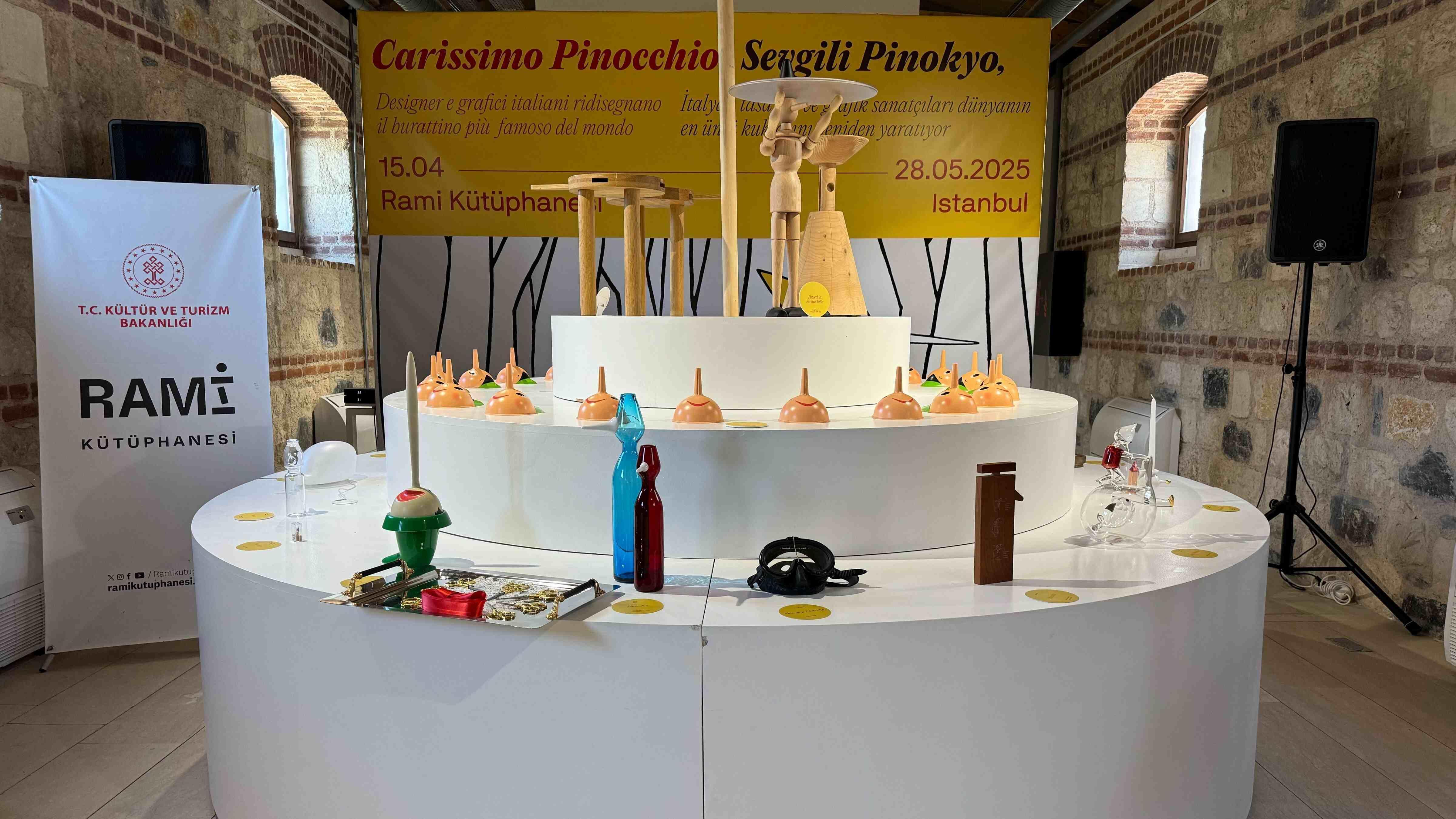Eastern Mediterranean Gas: Potential for Breakthroughs?
MATTHEW J. BRYZA
Recent natural gas discoveries in Israel and Cyprus provide both domestic and geopolitical benefits. Domestically, these new hydrocarbon discoveries will provide Israel and Cyprus lower domestic energy prices and a chance to develop new energy intensive industries. Geopolitically, these massive natural gas fields will allow both countries to achieve energy independence and strengthen relations with neighboring countries, potentially creating historic diplomatic breakthroughs with a crucial neighbor, Turkey.Exports of this natural gas will be crucial to achieving these breakthroughs. Israel seeks multiple export options to mitigate the risk of any one country suspending exports and to maximize commercial leverage to secure the highest prices for sales of its gas. These factors will likely drive Jerusalem to select two export options: a liquid natural gas (LNG) terminal and a pipeline to Turkey.
In Israel, locating an LNG terminal on shore may be politically impossible, given intense public concerns about potential environmental damage and loss of life that could result from a terrorist or military attack on such an attractive target. A more feasible LNG option could be exports from a terminal located in a neighboring country. That leaves Cyprus as the most promising location.
Since summer 2013, disappointing drilling results have made clear that Cyprus lacks sufficient discovered gas reserves to ensure the commercial viability of an LNG terminal. Consequently, Cyprus is looking to Israel to provide early volumes of Leviathan gas to help realize an LNG terminal on the island.
Israel, on the other hand, is unlikely to agree to ship its gas to any other country for export until Israel has developed another export option over which it enjoys more control. A pipeline from the Leviathan field to Turkey would be by far the cheapest and most economically efficient way. More ambitiously, a pipeline link from Turkey’s Mediterranean coast could also enable Leviathan gas to enter the European Union via the Southern Corridor.
From Turkey’s perspective, the Israel-Turkey pipeline is highly attractive for economic and political reasons. Economically, Leviathan gas would help Turkey diversify away from its heavy dependence on more expensive Russian and unreliable Iranian gas. Politically, an Israel-Turkey pipeline would make Turkey a new gateway for natural gas into Europe, and perhaps one with hub-based pricing.
At the same time, an Israel-Turkey pipeline faces two serious political obstacles.
First, Israel and Turkey have yet to normalize their relations following their steep decline as a result of the Mavi Marmara incident in June 2010. However, it is possible for the two countries to reach, a package solution (perhaps after Turkey’s municipal elections in March 2014) in which framework agreements on both the pipeline and diplomatic normalization could be reached in tandem.
Second, Turkey and Israel need the permission of Cyprus to build a pipeline across the Cypriot continental shelf. Securing such permission currently seems impossible, given the lack of diplomatic relations between Turkey and Cyprus. But both Turkey and Cyprus have sent strong signals in late 2013 that they want to restart U.N.-brokered talks on a comprehensive settlement of the Cyprus Question. With a modest amount of progress in the U.N. talks, it is possible that politics could align sufficiently to allow an Israel-Turkey pipeline to catalyze an historic breakthrough.
Choreographing this complex double-export solution will require considerable diplomatic, commercial, and financial skill, as well as active diplomatic support by the U.S. and/or the EU. A prerequisite will be a political agreement among the governments of Israel, Turkey, and Cyprus to pursue these two projects in tandem. Though this would be a risky and labor-intensive effort, its geopolitical payoffs could be enormous: an historic breakthrough on the Cyprus Question and a renewed partnership between Turkey and Israel.
*Ambassador Matthew J. Bryza is Non-Resident Senior Fellow at the Dinu Patriciu Center of the Atlantic Council and Director of the International Centre for Defense and Security. This abridged article was published in the Fall 2013 issue of Turkish Policy Quarterly (TPQ).











